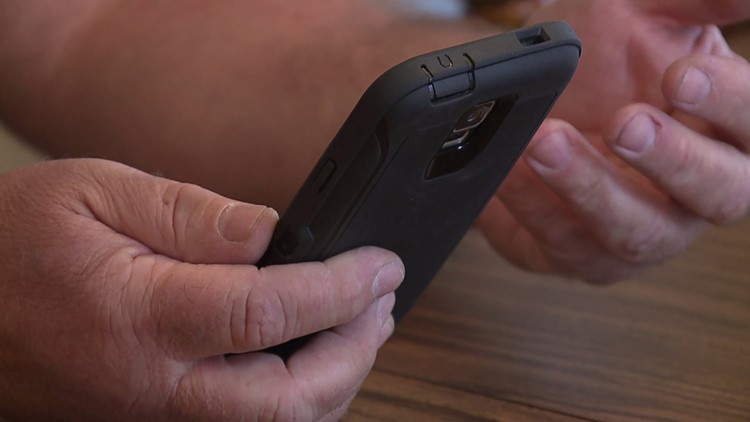WASHINGTON, D.C. — Good news, everyone: The Federal Communications Commission voted Thursday to authorize call blocking to help combat robocalls.
Now, the bad news, according to FCC commissioner Jessica Rosenworcel, who issued a dissenting statement after the vote: The FCC decided not to prevent phone companies from issuing new consumer charges or fees to block the robocalls.
Read Rosenworcel’s full statement below:
Robocalls keep getting worse and consumers are paying the price. At the start of this
Administration, Americans received roughly 2 billion robocalls a month. That number is now
about 5 billion a month. That is about two thousand robocalls every second of every day. That’s
insane.Given the explosion of these nuisance calls, it is no wonder that consumers are complaining in droves. They are complaining to the Federal Communications Commission. They are seeking redress with our colleagues at the Federal Trade Commission. They are registering their righteous anger in state houses, in court houses, and on Capitol Hill.
They are frustrated. They are seeking a fix. They know this mess of calls and our failure to do anything about them is not right. So today the FCC kicks off a long overdue rulemaking to require call authentication technology. Then, we expressly authorize phone companies to deploy technology to block robocalls across the network, unless a consumer opts out.
As far as this new blocking technology goes, so far, so good. But there is one devastating problem with our approach. There is nothing in our decision today that prevents carriers from charging consumers for this blocking technology to stop robocalls.
I think robocall solutions should be free to consumers. Full stop. I do not think that this agency should pat itself on the back for its efforts to reduce robocalls and then tell consumers to pay up. They are already paying the price—in scams flooding our phone lines; wasted time responding to false and fraudulent calls offering us what we did not ask for, do not want, and do not need; and a growing distrust in our most basic communications.
I like hope. But I am not interested in pinky promises. I think we should be up front and clear with consumers that today’s decision offers no more than an “expectation” that phone companies installing this technology will not charge consumers a premium for its use. But every one of us knows there is nothing enforceable about an expectation. There is nothing here that prevents companies from charging each of us whatever additional fees they want to put this call blocking technology on our line.
I’m a consumer, too. I receive robocalls at home, in my office, on my landline, on my mobile. I’ve even received multiple robocalls sitting here on this dais. I want it to stop. But I do not believe I should have to pay for that privilege. I am disappointed that for all our efforts to support new blocking technology, we couldn’t muster up the courage to do what consumers want most—stop robocalls and do it for free. On this aspect of today’s decision, I dissent.



